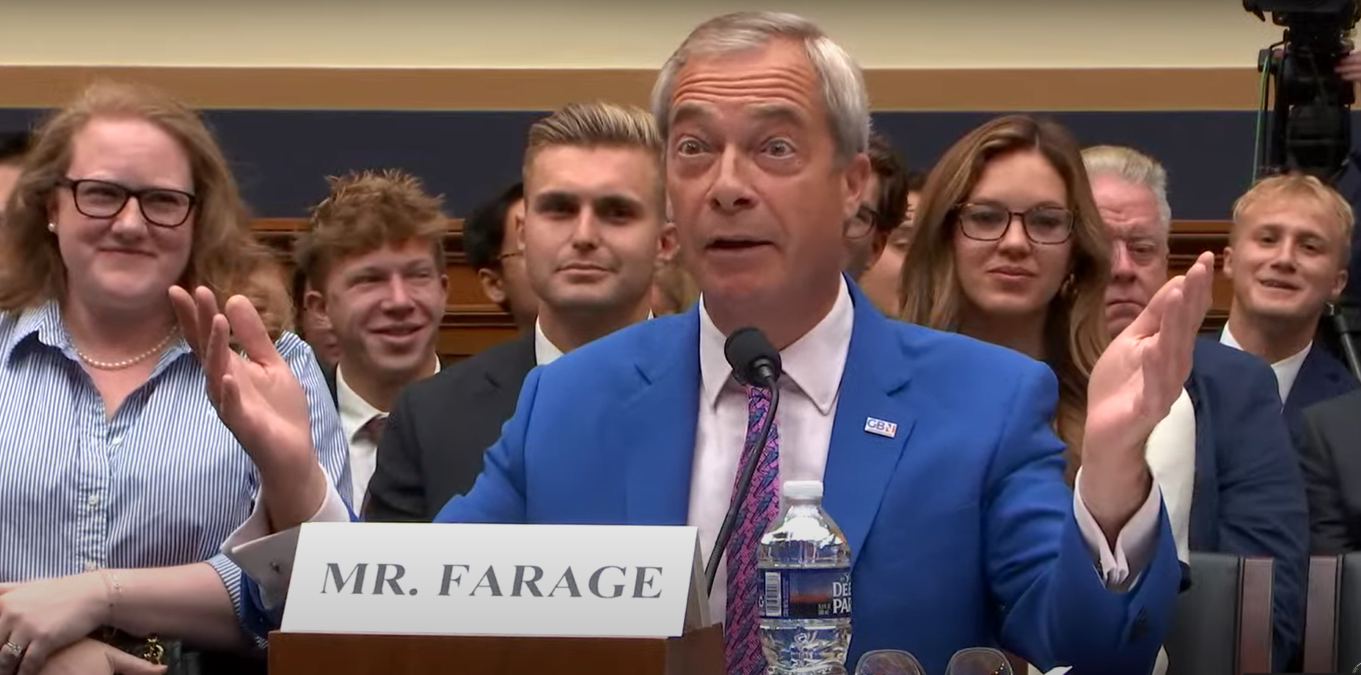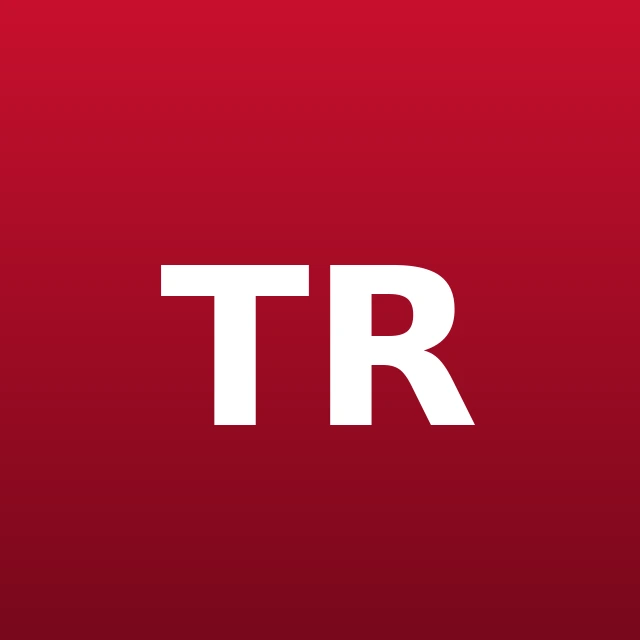U.K. Member of Parliament Nigel Farage testified before the House Judiciary Committee on Wednesday, warning that the United Kingdom's Online Safety Act could set a precedent for similar censorship measures in the United States. The hearing, titled "Europe’s Threat to American Speech and Innovation," lasted over three hours and highlighted concerns over the regulation of internet speech.
Explainer As A Former DC Cop, The Federal Takeover Was The Right Move
The Online Safety Act, enacted in 2023, aims to regulate online content but has faced criticism for its potential to infringe on free speech. Farage described it as a "sledgehammer that misses the nut," arguing that it fails to protect individuals while causing harm. He emphasized that such laws could affect Americans traveling abroad, citing the recent arrest of Irish comedian Graham Linehan at Heathrow Airport for social media posts made while in the U.S.
"He’s not even a British citizen. He’s an Irish citizen. This could happen to any American man or woman that goes to Heathrow that has said things online that the British government and British police don’t like," Farage stated.
The hearing followed Linehan's arrest, which sparked outrage among free speech advocates. Linehan was detained for tweets he posted months prior, raising alarms about the reach of U.K. censorship laws.
Lorcán Price, a barrister and legal counsel for the Alliance Defending Freedom International, also testified, providing examples of censorship in European countries. He cited the case of Päivi Räsänen, a former Finnish minister facing charges for posting a Bible verse on social media in response to a church-sponsored gay pride event. Räsänen has been in legal battles for seven years over her tweets.
Price remarked, "Censorship and vague 'hate speech' laws aren’t just bad policy—they threaten the rights of real people."
The hearing underscored a growing concern among some U.S. lawmakers about the influence of European censorship policies on American free speech. Rep. Jim Jordan, R-Ohio, highlighted a letter from Thierry Breton, the European Commissioner for the Digital Services Act, warning Elon Musk about disinformation and illegal content. Jordan criticized the Biden administration's previous efforts to regulate speech, referencing the now-dismantled disinformation governance board.
"Big government, Big Tech, big media, big academia, all working together to censor Americans," Jordan said.
Democrats on the committee, however, expressed skepticism about the warnings from Farage and other witnesses. Ranking Member Jamie Raskin, D-Md., criticized Farage, labeling him a "Putin-loving free speech imposter" and suggesting that he aligns with autocrats who suppress freedom.
In response, Farage maintained a light-hearted demeanor, thanking Raskin for his "charming" remarks and reiterating the importance of free speech. He stated, "That’s what free speech is, isn’t it? This has all been going wrong now for a couple of decades."
The hearing reflects ongoing debates in the U.S. about the balance between regulating harmful content online and protecting free speech. As lawmakers consider the implications of international laws, the potential for similar measures to emerge in the U.S. remains a contentious issue.
Why it matters
- Farage's testimony highlights fears that the U.K.'s Online Safety Act could inspire similar censorship laws in the U.S.
- Concerns raised about the impact of European censorship on American free speech amid rising tensions over online regulation.
- The hearing follows the controversial arrest of Graham Linehan, raising alarms about the reach of foreign laws on U.S. citizens.
- Democratic skepticism towards Farage's warnings reflects the polarized views on free speech and regulation in the U.S.
What’s next
- Lawmakers may propose legislation to protect American citizens from foreign censorship laws.
- Further hearings on online speech regulation are expected as debates continue in Congress.
- Advocacy groups are likely to mobilize campaigns against potential U.S. censorship measures inspired by foreign laws.

